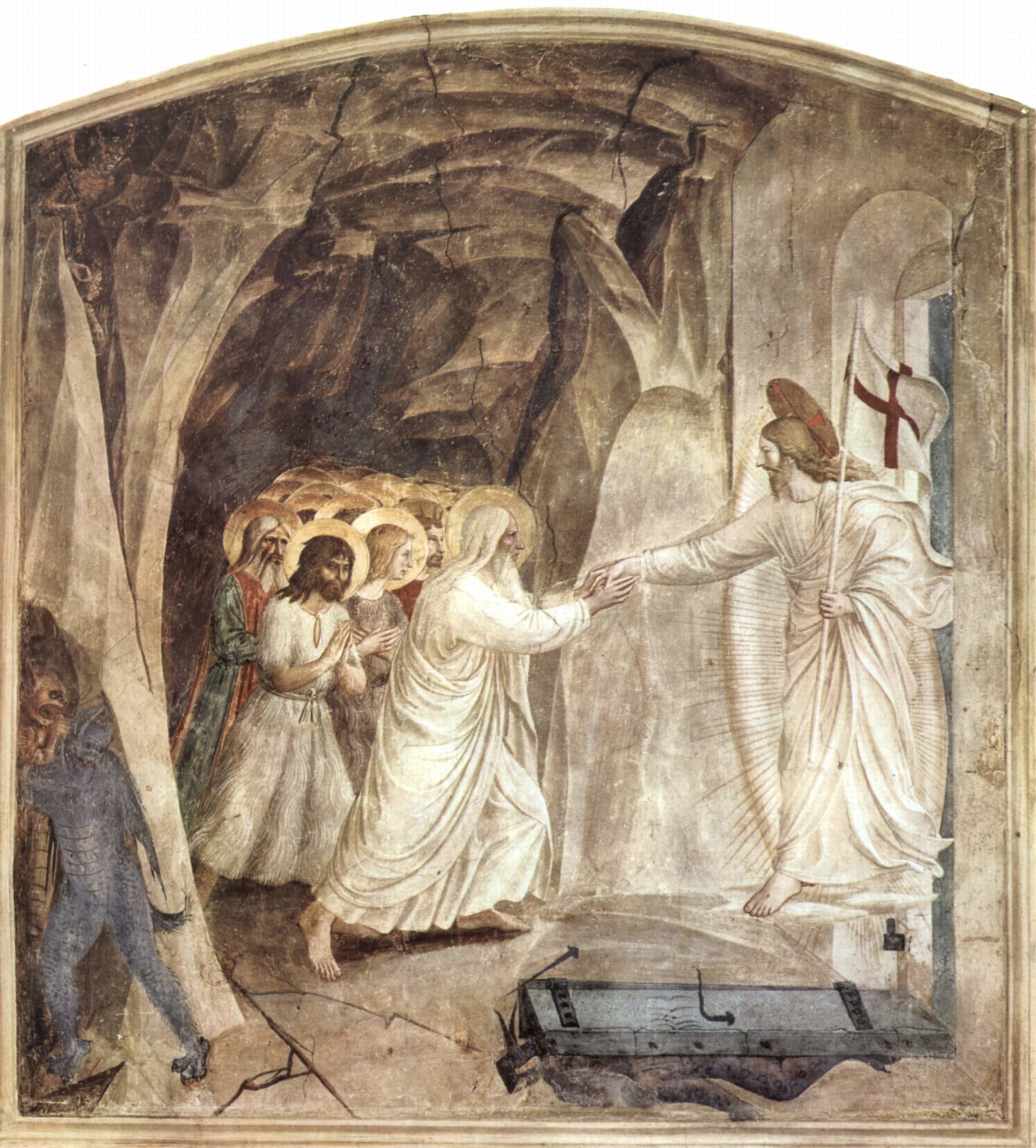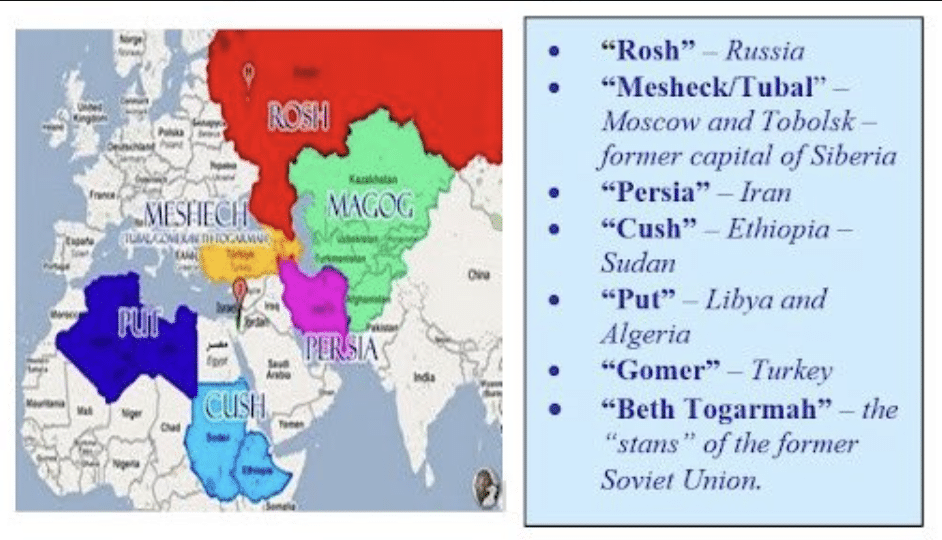
Christine Darg
In Judaism the “Great Sabbath,” Shabbat HaGadol, immediately PRECEDES Passover. But in the Christian faith, the Sabbath during Holy Week is called Holy Saturday, or more appropriately, the Great Sabbath, as it is known in Orthodox churches, when Messiah Yeshua lay dead in the grave.
This year the Great Sabbath falls, as it should do, within Passover. HalleluYah!
In synagogues, the prophetic portion for today, the Shabbat of the Passover/Unleavened Bread week-long feast is Ezekiel 37:1-14. These verses are always read on the Passover Shabbat, which also happens to be the Shabbat when Messiah Yeshua lay in the grave. God arranged that on this very day, Jews worldwide read of the dry bones coming to life – the resurrection!
According to Orthodox Christian scholars, one of the most immediately puzzling passages in the Book of Genesis is in the creation story– God “rested on the Seventh (Sabbath) day.” God did not literally need rest as we know it. What is the deeper mystery?
As believed by the Fathers of the Orthodox faith, God’s Sabbath was fulfilled in the Messiah, who rested on the Sabbath in the tomb, after His death on the Cross from which He shouted the victory shout, “It is finished.” The work of redemption on the Cross was completed: paid in full.
But the Sabbath of God, His rest, is not a non-fruitful cessation of activity. As Adam slept and God removed a rib from his side to fashion Eve, so too, Messiah “sleeps” in death, and from His pierced side flowed blood and water, symbols of the Eucharist and Baptism, from which God forms the Lord’s bride, the universal Church.
Additionally, in His journey into death, Jesus “trampled down death by death,” and gained victory for all through His resurrection.
The Eastern Orthodox Church has a major service on the morning of Holy Saturday in which the Lord’s descent into Hades is remembered and His victory over death and Hell begins to be celebrated even before Resurrection Sunday.
Art on this page is by Fra Angelico, “the Great Sabbath and the Harrowing of Hell.”
After his death, the soul of Jesus descended into the realm of the dead. The Harrowing of Hell (Latin: Descensus Christi ad Inferos, “the descent of Christ into Hell”) is the triumphant descent of the Lord into Hell (or Hades) between the time of his Crucifixion and his Resurrection when he brought salvation to all of the righteous who had died since the beginning of the world.
Christ’s descent into the world of the dead is referred to in the Apostles’ Creed and the Athanasian Creed.
GOD’S WORD® Translation
Therefore, a time of rest and worship exists for God’s people. Hebrews 4: 9
+++++







Thank you so much for this post. It has answered many questions I had about the death, burial and resurection of my Lord.